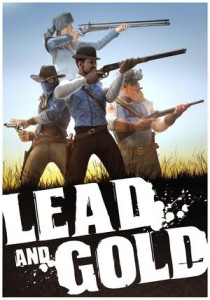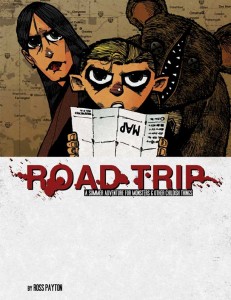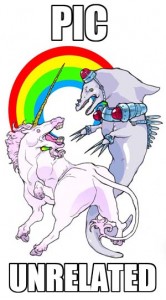A few months ago, Rock Paper Shotgun had an open call for a new writer for their staff. To submit, you had to write a 500 word article. I didn’t get in but I figured I would get some use out of the article I did write for them.
 We play games because they’re fun but describing it in objective terms is impossible, except to marketers of course. They want you to know that the game they hock is not only the best damn game ever made, they can prove it. Every new AAA title is couched in terms that they think quantify fun for us: number of levels, weapons, perks, achievements, classes, unlockables, skins, game modes and most importantly the number of hours you are meant to play it. Every new feature adds more play time, supposedly making the game not only more fun, but a sound investment.
We play games because they’re fun but describing it in objective terms is impossible, except to marketers of course. They want you to know that the game they hock is not only the best damn game ever made, they can prove it. Every new AAA title is couched in terms that they think quantify fun for us: number of levels, weapons, perks, achievements, classes, unlockables, skins, game modes and most importantly the number of hours you are meant to play it. Every new feature adds more play time, supposedly making the game not only more fun, but a sound investment.
Fun becomes a verifiable fact. You gain the unlockables through skill and determination and then show them off to others both in and out of the game. The game design assumes that your ultimate goal is proving to the world that you’re the best. Becoming one of the elite players takes dozens of hours of at a minimum. To a certain degree, you have to play many of these games for at least 10 hours just to learn how to effectively play. Every class has its own tactics and each level has its own unique quirks. By the time you’ve invested enough time to learn the game; you might as well keep playing. You’d have to start over with a brand new game if you decided you didn’t like it. There’s just one problem with this model. It never bothers to question whether the game is fun moment by moment. Would you play the same game if there were no unlockables or perks to level up?
Lead and Gold is far more playable, entertaining and fun than Call of Duty: Black Ops. Most would describe it as a third person Western themed TF2 knockoff. Four classes, each with one weapon and one special ability. You don’t play it to unlock anything or to master arcane strategies that require complex combinations of specific weapons and powers. Its simplicity is liberating. You only focus on the moment of play. My mind is clear of distracting side goals as I run and leap in the game. You don’t need to kill 10 enemies with a certain weapon or achieve a special personal objective to level up a perk. When I press the jump key, I almost feel the weightlessness of my character for a split second. It’s not quite joy but it’s definitely fun. The depth of the game comes from mastering the basic skills of shooting, dodging and outmaneuvering your enemies. The top players win because they are better at the game, not because they have superior weapons or perks.
This isn’t to say complexity is always a detriment to better game play. But good game play is hard to define or implement. Unlockables are much easier to design than a game that is always fun moment to moment. Complexity shouldn’t be a substitute for a game worth playing on its own merits.

